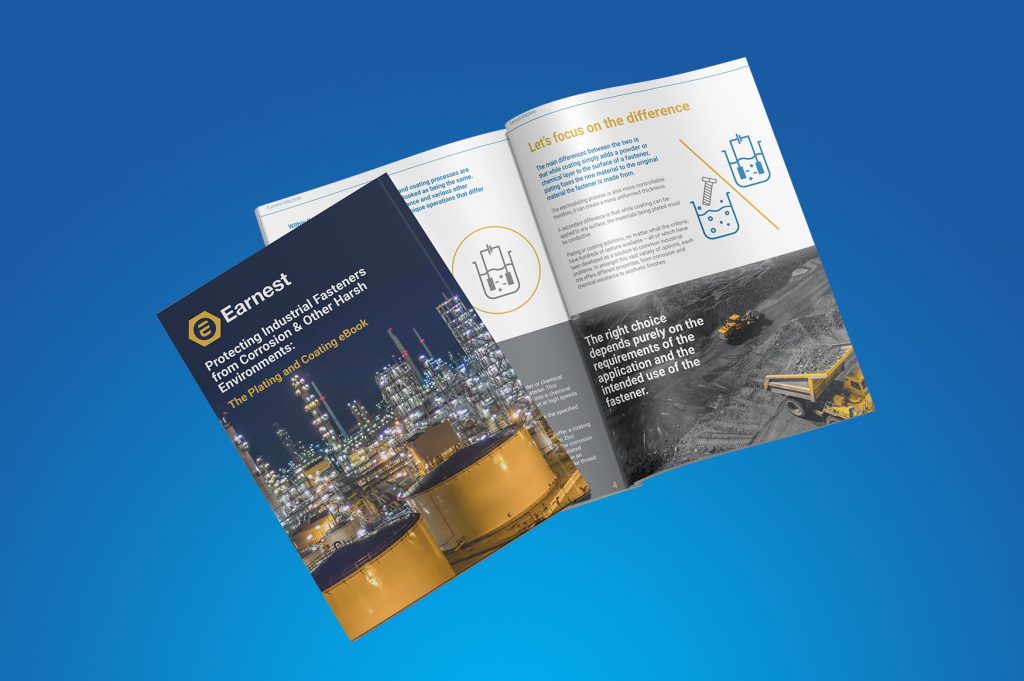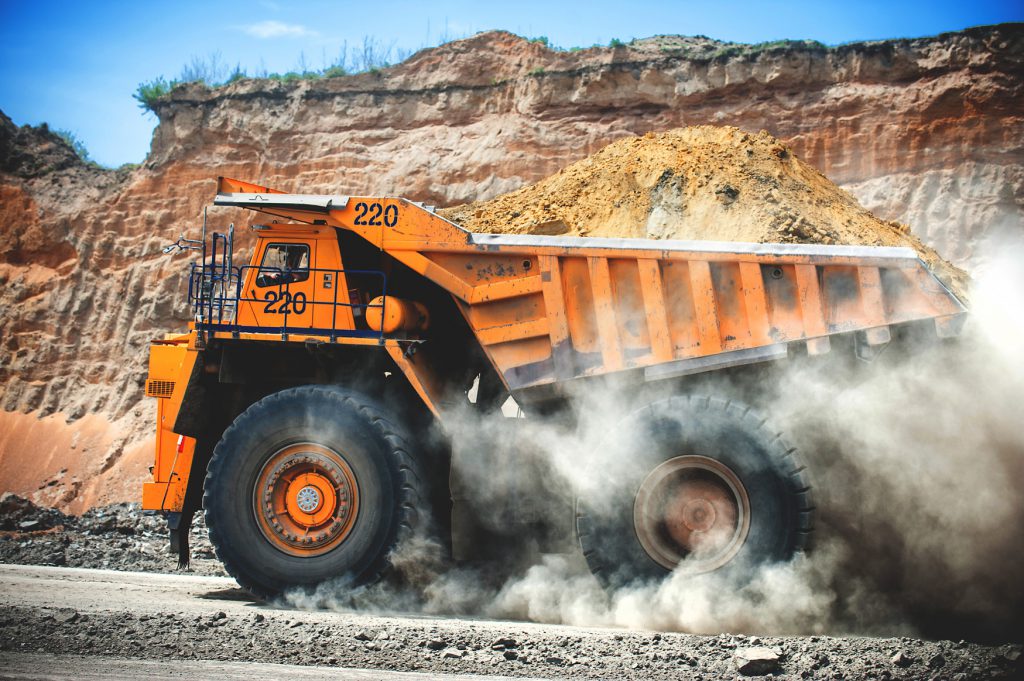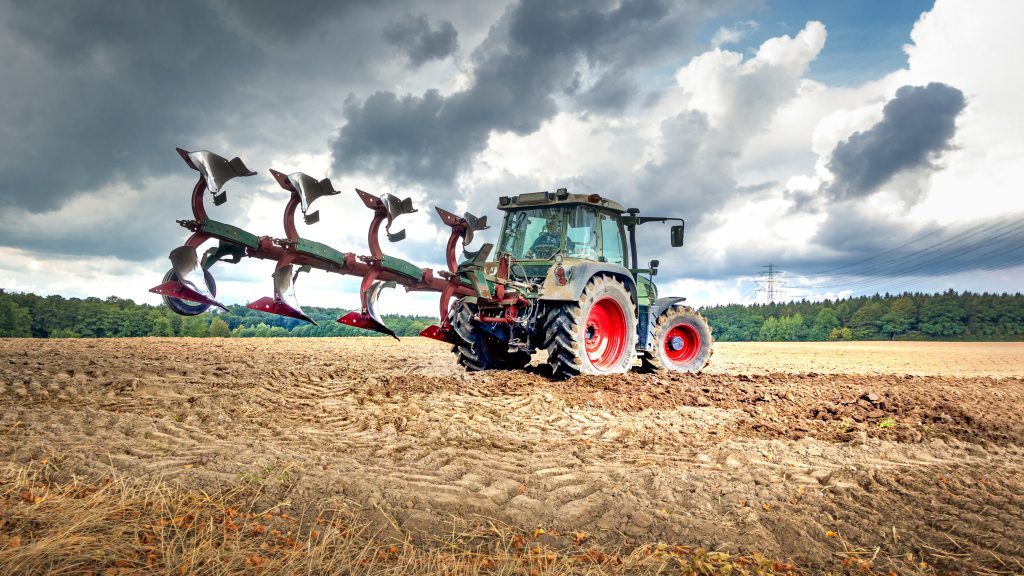Have you read our eBook yet?
As a company that is centred around helping its customers, Earnest Machine aims to provide rich information, resources and training materials wherever we can. Our eBook will provide a background on plating and coating processes, the options available to you and how to specify the properties needed for each application.
We understand the problems that corrosion, chemical exposure and harsh environments can bring to fasteners used in industrial applications. The eBook will guide you through plating and coating differences and how each can add value to its application.
Our Protecting Industrial Fasteners from Corrosion & Other Harsh Environments: The Plating and Coating eBook is available to download for free. You can get your copy here.
Why we use plating and coating
Corrosion and wear are great enemies to fasteners. Once corrosion starts, it causes fasteners to break down rapidly, which reduces their effectiveness along with their lifespan. This makes corrosion protection, with coating systems and plating techniques, a really important process.
Fasteners made from carbon or steel alloys, that are subject to harsh environments or hazardous chemicals, need plating or coating for protection. Fasteners that are applied without a kind of corrosion resistance can compromise their assembly, which is dangerous and costly to replace.
Topics
Knowing different plating and coating processes, such as the difference between zinc plating and zinc flake coating, will help you understand what properties you may need on any given application. Our eBook covers important topics to extend your knowledge, in easy to digest sections. The topics include:
- The difference between plating and coating
- The importance of salt spray testing
- Plating styles
- Coating styles
- Sourcing specifications and suppliers
- Tips for selecting plating and coating options

Download your free copy of our plating and coating eBook here. Please don’t hesitate to get in touch with a member of the Earnest Machine team with any questions.

Contact Us
Our UK sales team are happy to assist
with any enquiries you may have.




